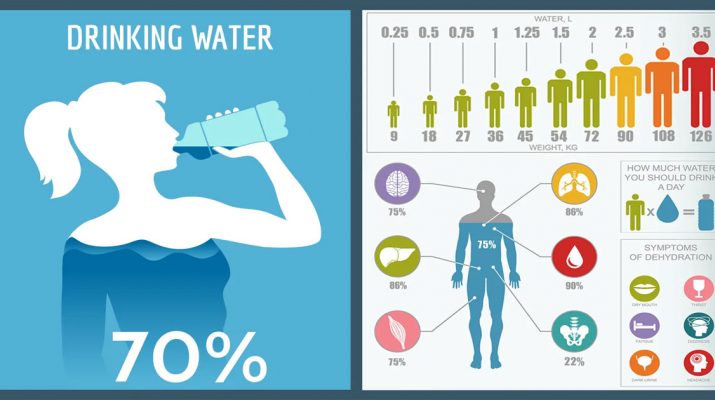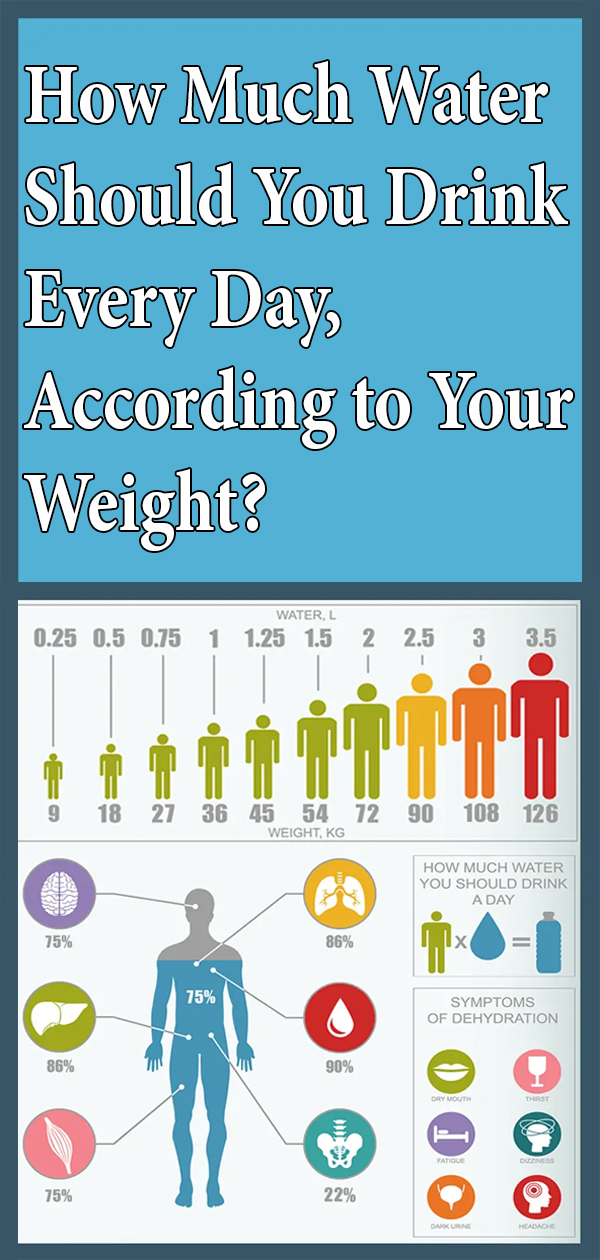How much water should you drink every day? That’s a question that changes for each person reading this right now. Your body’s cells all need water and they want the best water quality, but your positive thinking mind is wondering how much you should drink.
Your body has a sense about what it needs, and whether your focus is on weight loss or providing your body the tools it needs to be healthy, you are smart to seek out this information. You want to arm yourself with the knowledge you need to give your body the right levels of healthy hydration.
1. Are You Hungry Or Just Thirsty?
If it was calories that made you fat, replacing regular full-calorie drinks with diet beverages would make you lose weight. However, according to a scientific study, water is even better. For weight loss, the water did better for reducing body measurements and even improving insulin resistance compared to diet beverages
Thirst can be mistaken for hunger by our minds, which is also busy managing our day, so it’s not paying that much attention to the body’s many cries for water. That’s the title of a book by a physician who studied the health effects of drinking water for healing a variety of things – from allergies to obesity.
Your body’s hydration needs are met when you drink enough water for each cell to be filled, allowing nutrients to flow across cell membranes and stimulating all the other vital functions of the body. When we lack hydration, bodily functions begin to slow down because they can’t carry out their functions. It’s as if not drinking enough water shuts down the “highway” of your body’s systems. Sure, your cells can travel on surface streets but there are more traffic lights.
2. How Much Water Should You Drink If You’Re Working Out?
Online bodybuilding water calculators will encourage you to hydrate even more if you are exercising. This is so that you can replace water your body loses through sweat. For a workout that takes you more than an hour, you should drink approximately 75% of your body weight in ounces of water. As an example, a 200-pound human would need to drink almost two-and-a-half gallons of water!
3. How Much Water Should You Drink If You’re Not Exercising?
You might be asking how much water should I drink without adding weight when I step on the scale? Temporarily seeing an increase in ounces on the scale after you drink water does not equate to an increase in body mass. You should drink a gallon of water per day as a minimum for healthy tissues and to support weight loss, whether you are exercising or not.
Drinking plenty of water has the following health benefits:
• Boosts mood
• Improves cognitive abilities
• Improves energy
• Increases alertness
• Decreases feelings of hunger
4. How Much Water Should You Drink For Weight Loss?
Increasing the quality and quantity of your drinking water will increase your weight loss and health benefits as a result. The above-mentioned gallon per day is not enough to achieve a positive change and improvement in health and weight loss. Bodybuilding water consumption calculators suggest a minimum of 64% of your body weight for targeting lower body fat.
Drinking enough quality mineral spring water according to your weight helps:
• Flush toxins from your body
• Flush excess waste from the digestive system
• Improve muscle recovery after workouts
• Reduce cravings
When you are focused on weight loss and asking the internet “How much water should I drink to achieve the results that I want?” the consensus seems to be to drink a minimum of half your body weight in ounces of water every day, and increase that amount if you are doing workouts. Positively thinking people know that increasing the amount of water-based on your workouts and weight loss goals is even better for optimal health.
Note: Always consult your wellness advocate before starting any new regimen.


